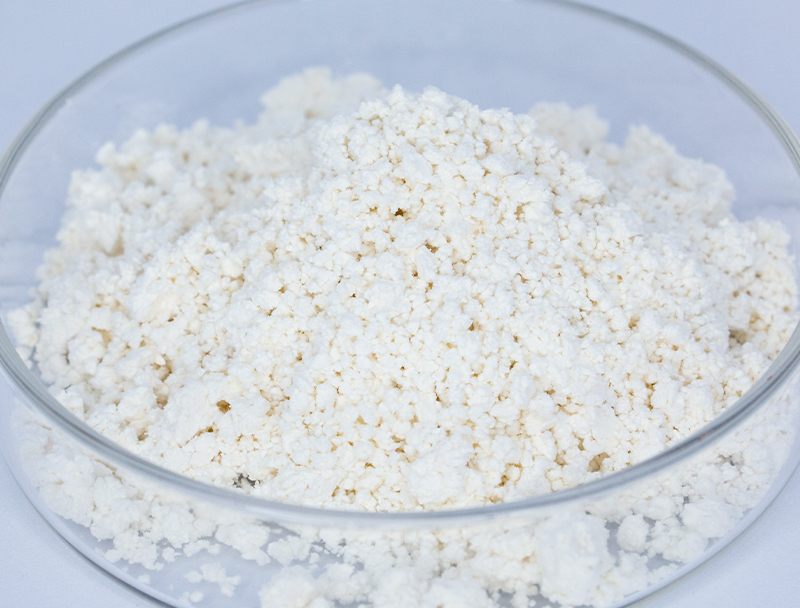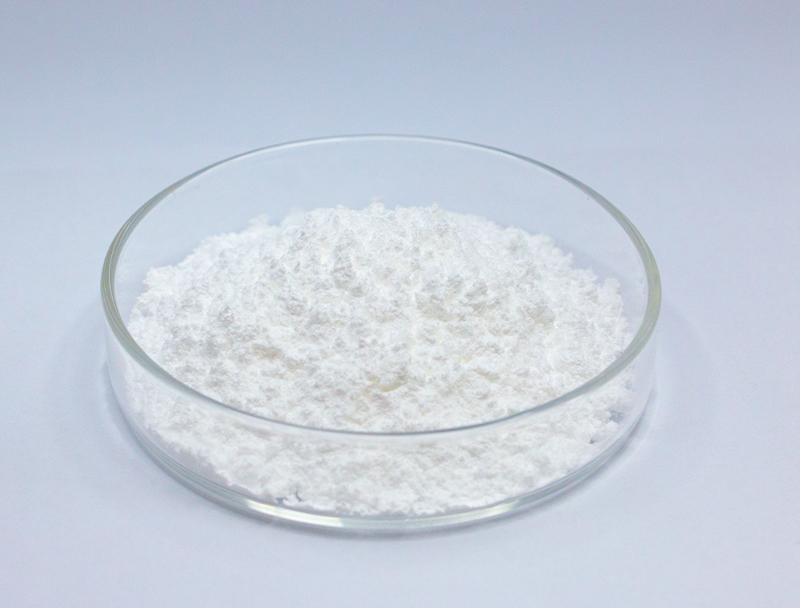
Biotech manufacturing draws predominantly from a broad palette of input materials for developing state-of-the-art biosolutions.
Securing continuous ethical sourcing of resources is vital for future-proofing and moral progress in biomanufacturing.
multiple challenges associated with traditional raw material procurement for example habitat harm and overextraction of resources. Consequently, biotech firms need proactively to adopt sustainable procurement approaches to reduce environmental impact.
- Situations demonstrating ethical sourcing encompass:
- Adopting organic-origin materials from crop remnants
- Integrating recovery systems to shrink waste while improving throughput
- Working with community-based suppliers that follow ethical standards
Shifting to ethical sourcing drives environmental value and long-term commercial viability.
Upgrading Feedstock Traits for Better Biofuel Performance
Enhancing biofuel output is grounded in superior feedstock characteristics. Scientists are constantly exploring novel strategies to optimize these feedstocks, achieving increased output and long-term energy sustainability. Initiatives integrate bioengineering to scale biomass production and pretreatment workflows to free fermentable sugars.
- Furthermore, teams search for alternative biomass sources including algal strains, industrial wastes, and crop leftovers to broaden sustainable feedstock options for fuels.
- Owing to ongoing work the biofuel domain is primed to reach substantial milestones advancing renewable energy adoption.

Transformations in Upstream Biopharma Workflow Design
spans early manufacturing steps including propagation and cell separation Recent advances in this domain have led to improved production processes, ultimately increasing product yield.
Notable improvements feature new expression systems, refined media recipes, and automated reactor platforms. These innovations not only enhance productivity but also minimize production costs and environmental impact.
- Concurrently, continuous manufacturing approaches bring amplified flexibility and more consistent upstream outcomes.
- Implementing cutting-edge manufacturing technologies will probably redefine workflows and accelerate innovation.

Gene Editing Breakthroughs That Elevate Biopharma Output
innovations in genome-editing toolsets have enhanced biopharmaceutical manufacturing. By accurate genomic tuning, developers enhance yields of critical biopharmaceuticals. The strategy paves the way toward accessible, high-yield therapeutics across disease spectra.
Using Microbial Systems for Site-Specific Remediation
forward-looking microbial interventions for environmentally friendly decontamination. Specialized microbes can enzymatically degrade pollutants to reduced-toxicity products.. Harnessing microbe-based degradation fosters cleanup tactics that minimize environmental disruption and residual waste.. Research teams analyze microbial diversity to find candidates that metabolize heavy metals, break down pesticides, and treat oil-contaminated matrices.. These microorganisms can be employed in bioreactors or directly at contaminated sites, promoting the breakdown of pollutants through biodegradation processes..
Using microbes for cleanup carries distinct advantages compared with chemical or physical remediation approaches. This route is often more affordable and reduces the formation of toxic residues. Furthermore, microbial solutions are highly specific, allowing for the remediation of particular pollutants without disrupting the broader ecosystem. The domain advances quickly, concentrating on raising reliability and performance of microbial cleanup methods.
Bioinformatics' Impact on Drug Design
Computational biology approaches are becoming vital across contemporary drug R&D. By screening targets and refining candidate molecules, informatics drives faster, evidence-based development.
- With analysis of broad omics and clinical datasets, bioinformatic experts identify targets and model drug effects.
- Furthermore, computational modeling of drug–target interactions aids rational design of higher-performing therapeutics.
- To conclude, computational approaches are revolutionizing discovery and reducing time-to-patient for effective drugs.
Fine-Tuning Metabolism to Maximize Bioproduct Synthesis
integrates multiple methods to augment cellular production of target bioproducts. Techniques span CRISPR-mediated edits to reshape pathways, synthetic control elements to fine-tune expression, and gene imports to grant new biosynthetic abilities.. By fine-tuning these processes, engineers can significantly increase the yield of desired bioproducts.
Such an integrated approach may disrupt diverse fields including therapeutics, crop science, and sustainable fuels.

Scaling Biopharma: Difficulties and Strategic Opportunities
Transitioning to higher volumes entails serious complications and potential rewards. Ensuring product consistency at larger manufacturing scales represents a major hurdle. Overcoming this requires advanced process control, continuous monitoring, and sensitive analytical platforms.

Additional complexity arises because biopharma production entails many coordinated stages.. Refining processes for commercial volumes demands deep R&D investment and novel engineering solutions.. Despite challenges, the benefits may be considerable. Well-executed upscaling can improve therapy access, decrease costs, and enhance economic performance.
Various efforts target the core issues of industrialization. These include the development of new technologies for process optimization, advanced analytics for real-time monitoring and control, and innovative manufacturing strategies.
- Development efforts are also playing a crucial role in advancing biopharmaceutical production capabilities.
- Regulatory bodies are modernizing pathways to accelerate approval of advanced production technologies and support innovation.
Navigating the Regulatory Landscape for Biopharmaceuticals: Ensuring Safety and Efficacy
The development of biopharmaceuticals is a complex process that requires stringent regulatory oversight to ensure both patient safety and product efficacy. Biologic therapeutics bring unique regulatory and manufacturing demands unlike traditional pharmaceuticals.
Agencies like FDA and EMA develop frameworks and criteria for validating and approving cutting-edge biotherapies..
Extensive evaluation procedures are essential across development phases, spanning preclinical work to post-market checks.. These controls function to identify dangers and ensure biopharmaceuticals achieve premier safety standards..
Additionally, regulators regularly update methods to match the pace of fast-moving biopharma innovations.. Measures involve adopting innovative technologies and enabling development acceleration without compromising patient welfare.

Exploring the Potential of Plant-Based Biomass Feedstocks in Bioplastics
The trend toward sustainability stimulates development of renewable material technologies. Plant-derived biomass as input for bioplastics represents a practical route toward greener materials. Renewable inputs including cornstarch, cellulosic matter, and sugarcane biomass can be processed into biodegradable plastics that minimize long-term pollution.
Also, many renewable bioplastics exhibit comparable mechanical and functional traits to conventional plastics across applications.. Continued research and innovation in this field are crucial to unlocking the full potential of plant-based biomass feedstocks in the manufacture of sustainable bioplastics, paving the way for a circular economy.
Biotechnology's Impact on Global Health and Food Security
Biotechnology offers potent solutions for advancing public health and enhancing food security. Through advancements in genetic engineering, synthetic Calcium 2-oxoglutarate biology, and cell therapies, biotechnologists are developing innovative solutions to combat infectious diseases, improve crop yields, and enhance nutritional value.. For example, engineered crops with pest resistance and stress tolerance can increase yields while lowering pesticide use.. Also, biotechnological innovation fuels development of immunizations, antimicrobial treatments, and diagnostic platforms vital for disease control and population health.. With ongoing research, biotech is positioned to enable broad improvements in health and food security that serve global populations.
